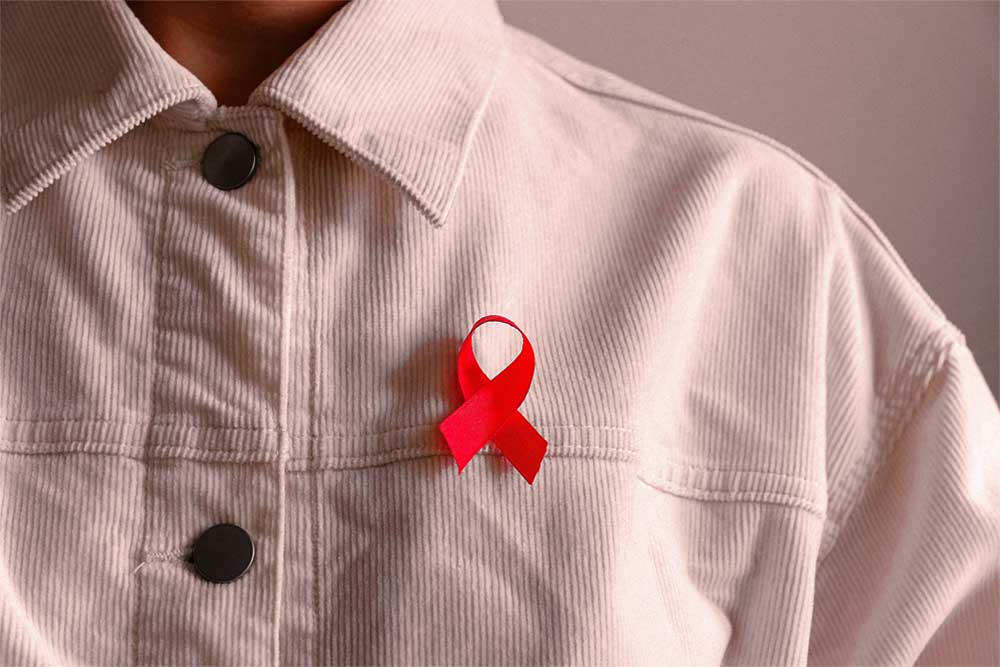
During the year 2023, the health system managed many health programmes and diseases. This ranged from new less virulent variants of COVID-19 to our regular infectious diseases and chronic non-communicable diseases.
The year 2023 saw a drastic reduction in the number of confirmed cases of COVID-19. This may be attributed to the reduced number of persons presenting for testing, the reduction in physician testing post declaration of the end of public health emergency of international concern, home testing and the overall relaxation of measures and protocols.
The acquisition of PCR machines to facilitate COVID-19 testing allowed the country the capacity to test and detect other respiratory viruses such as Influenza A and B and Respiratory Syncytial Virus (RSV). An increase in cases of RSV was noted in the pediatric population. This trend was similar to that observed globally particularly in the US where increased pediatric hospitalizations were documented.
Three new cases of Tuberculosis were reported in 2023 in comparison to two new cases in 2022. Sixty-six percent of the cases occurred among those 70-75 years.
There were 26 new cases of HIV diagnosed in 2023 which represents a 32% decrease from 2022. Sixty-five percent of the cases were male.
There are currently 992 persons living with HIV in Saint Lucia of which 57% are males. The Ministry of Health noted a significant increase in Dengue Fever in 2023 compared to 2022 however outbreak levels were not attained. This increase in cases was consistent with that observed in the neighboring island of Martinique. The majority of the cases were diagnosed in the south of the island particularly Vieux-Fort.
We recorded one severe malaria case which was imported. To date, there has been no local transmission of malaria cases. A total of eight cases of leptospirosis, (all male) were reported in 2023. This represents a 14% increase over last year.
Saint Lucia has noted 11 new cases of Leprosy which represents a 120% increase from 2020 to 2023. A national action plan has been drafted towards the elimination of Leprosy on island. This includes an educational public health campaign, intensive contact tracing in the affected communities, re-training of health care workers towards early detection and diagnosis, increased in country testing and more aggressive and consistent treatment.
The increasing impact of violence and injuries due to crime and motor vehicular accidents on the hospital system and blood bank resources remains a serious concern.
Chronic non-communicable Diseases continue to be a significant source of mortality in Saint Lucia, with cancers, cerebrovascular disease/stroke, heart disease and Diabetes Mellitus dominating as the top four causes of death for the last 10 years. Males accounting for 56% of all deaths in 2020. Cancers account for about one in every five deaths (20%) in 2020. Men- prostate cancer & Women-Breast Cancer.
Despite this, males are losing more of their potential benefit to society due to:
• Assault
• Land Transport accidents and
• Chronic Lower Respiratory Disease (specifically COPD) due to smoking.
Females are losing more of their potential to society due to:
• Cancer (Breast and Cervical in particular) and
• Perinatal Conditions (specific to newborns)
Guided by the trends noted over the last five years and the data from the Behavior Risk Factor Survey carried out in 2019, Primary care/preventative health strengthening remains a major focus for the Ministry of Health. We continue to note low levels of health screening, increases in obesity, low fruit and vegetable intake and limited physical activity among our population.
Given the increases in chronic obstructive pulmonary disease especially in the young male population, the Ministry of Health will be launching smoking preventive campaigns and working with event planners and other stakeholders to reduce the exposure to smoking.
Programmes to improve on preventative strategies such as the adoption of healthy lifestyles, early detection and screening will be further strengthened. The strengthening of the referral process between primary and secondary care is also urgently needed to manage patients between services and reduce loss to follow up. The Universal Health Coverage strategy, Results Based Financing Project and Health Systems Strengthening Project will support the implementation of these programs in 2024.
Record health facility closures and diversions for care due to environmental air quality issues were noted in 2023. We are working to determine the causes and address these issues to reduce the breaks in service access and provide healthy and safe environments for staff and patients. 12 SMART health facilities are scheduled to be set up during 2024.
The opening of the Castries Urban Polyclinic will address and improve access to care in the north and central zone of the island and reduce the utilization of the OKEU for non- emergency services. The recent opening of the Secondary Care facility at the old Victoria Hospital should address the bed shortage issues at OKEU.
The Public Health Board notes the increased number of unregulated food establishments on island. Strategies will be put in place to work with them to ensure compliance with food establishment regulations to improve the safety of food being prepared for public consumption.
The quality initiative is one of the priorities for the Ministry of Health for 2024 and with the implementation it is anticipated that general quality of care and service utilization will improve moving forward. The Ministry of Health will continue to provide the public with regular updates on the various programs and interventions.













